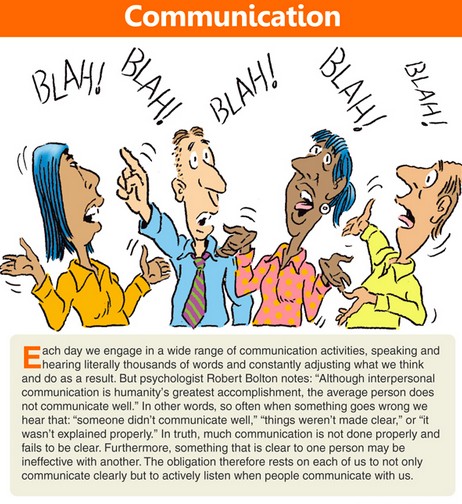So much has changed when it comes to summer work: my friends and I spend the majority of spring semester worried about applications, interviews, and affording internships, while my older cousins and parents ask why I’m not working at an ice cream place or camp, like they did in college. Sometimes, especially at a competitive liberal arts school like Scripps, it’s as if we are living in a new world that pressures us to network strategically and think about resume boosters 24/7. I read this article in Forbes the other day that explained why working a minimum wage job gives students an experience that is far greater than an internship. This article was a great reminder that working at a camp, in a grocery store, or ice cream place is actually quite advantageous:
- Responsibility. When working as an intern in an office, most often I’m given work that supervisors might not have time for, and believe someone who doesn’t know as much as they do can adequately handle the job. When working a minimum wage job, however, more times than not bosses will ask a lot more of you than what you signed up for originally. When working as a waitress, every day I would be asked to go above and beyond duties such as waiting on customers and cleaning the tables. And even more importantly, the office you intern in would still run efficiently without you. But slack off as a waitress and you could do some serious harm to the restaurant’s reputation or orderliness.
- Teamwork. Summer jobs usually require physical work and working with the public in not the most glamorous settings. This experience delegating tasks to co-workers and being a proactive team member during your shift is invaluable. I’ve learned how to be a leader, a responsible team member, and a dynamic communicator through my restaurant jobs.
- Communication. Working with the public and with people from different backgrounds is challenging, but there’s no choice in facing nerve-wracking situations that depend on clear communication when working a minimum wage job. From being a waitress and hostess I learned when to speak up and when to go with the flow, how to deal with mini-crises [with the public and with co-workers], and how to adequately annunciate problems/difficulties I was having to my boss.
There are a lot more qualities you get from working typical summer jobs than the ones I reflected on above. The underlying theme is that yes, internships are important for students to familiarize themselves with their potential career atmosphere, but it is by no means a bad thing to not have one for the summer. In fact, working as a camp counselor or ice cream scooper might even prepare you better for whatever you take on later in life than any office job could do.


